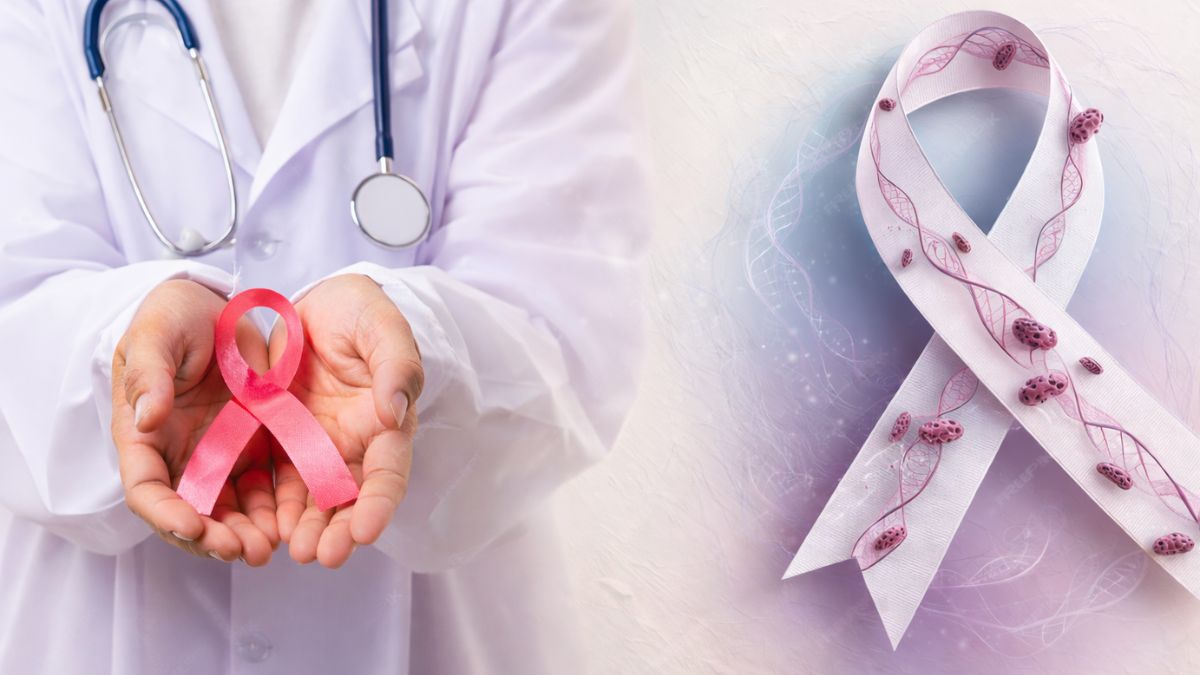
Leukaemia Myths Busted: What You Need to Know
Leukaemia, known popularly as blood cancer, is often surrounded by myriads of misconceptions and fears, particularly in the Indian context. Many people believe that this disease only affects children, or that it is always fatal. However, the reality is much more nuanced and filled with hope. Leading oncologists, Dr. Gopinathan and Dr. Vijay, emphasize the importance of separating myths from facts.
Dr. Vijay G states that many misconceptions stem from a lack of awareness about leukaemia. He shares, “Most people I meet think leukaemia is rare. The truth is, I see it more often than they imagine.” This highlights the need for increased education and awareness in society. Contrary to popular belief, while leukaemia is indeed diagnosed in children, a significant number of adults also receive this diagnosis.
The disease originates in the bone marrow, where blood cells are produced. When leukaemia develops, it leads to the formation of abnormal white blood cells that compromise the body’s ability to fight infections. Common symptoms include fatigue, frequent fevers, gum bleeding, and unexplained bruises. Unfortunately, these symptoms are often mistaken for low immunity or other less severe conditions, which can result in delays in diagnosing the disease.
Nevertheless, Dr. Vijay points out that advancements in treatment have dramatically improved survival outcomes over the last decade. “I’ve seen children cured and adults living full lives after treatment,” he notes. With the advent of targeted therapies and bone marrow transplants, many individuals diagnosed with leukaemia are now able to return to their normal lives.
It’s essential to understand that leukaemia is not a death sentence. Early detection, accurate diagnosis, and timely treatment can significantly change the prognosis. Dr. Vijay advises, “Don’t ignore the small signs. Early action can change fear into hope.” In a country like India, where awareness about health issues can sometimes lag, spreading knowledge about leukaemia is crucial. By addressing common myths and focusing on factual information, we can empower individuals to seek help sooner and improve their chances of recovery.











